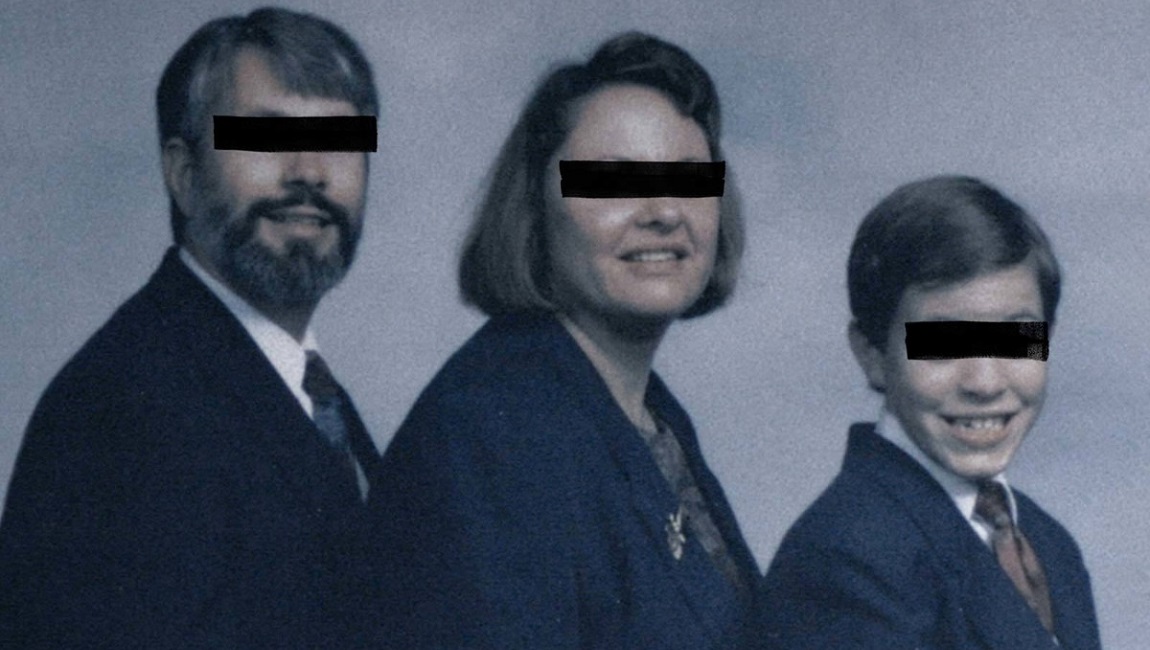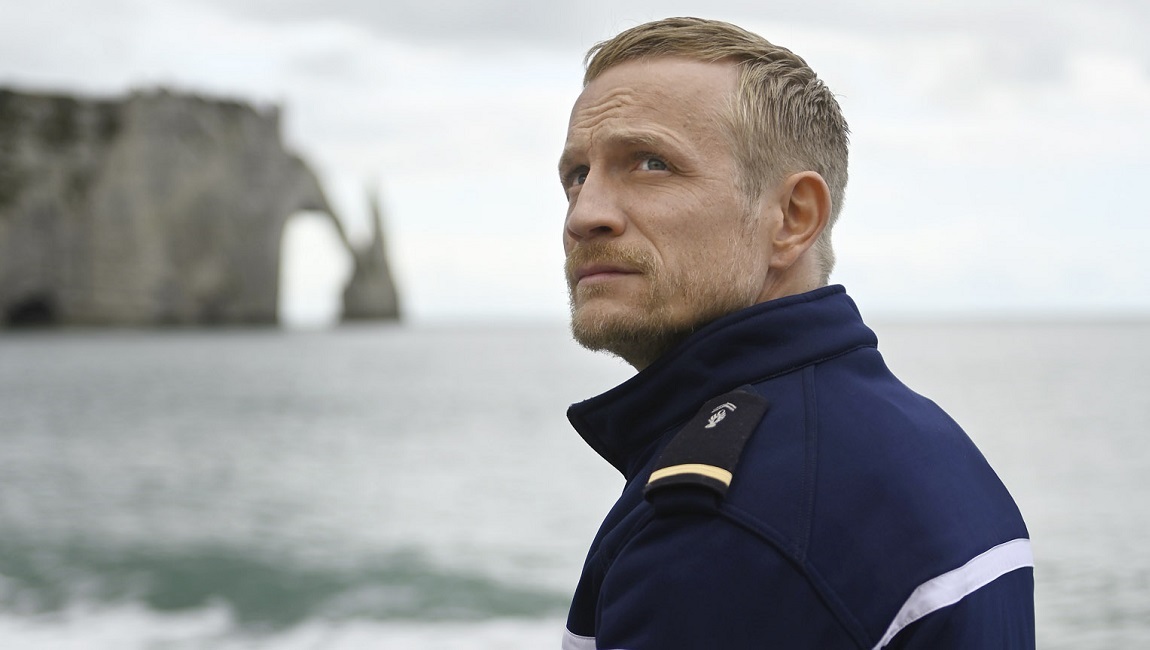Blithe Spirit‘s attempts at screwball comedy land with a dull, well-costumed thud.
Mounting another film adaptation of Noel Coward’s Blithe Spirit isn’t a heretical act; the work itself was always considered minor Coward, and the 1945 film version was met with moderate fanfare and a polite critical response. Therein lies the rub: if the great David Lean and Coward himself could engender only a muted response the first time around, what would inspire hope that a borderline novice director and two of the writers responsible for the St. Trinian films would be the group to transcend its fated mediocrity? That’s not to say the task is insurmountable, and if anyone behind this comedic misfire had bothered to take chances — whether that be giving the material a modern spin or updating its problematic gender politics — it’s not impossible to see the success this might have been. Regrettably, this latest version slavishly adheres to its earlier counterpart, but equipped with a few more dick jokes for good measure. It’s quite obvious what director Edward Hall and company are attempting here, a throwback to screwball comedies of yesteryear, but the result is a film that ultimately knows the lyrics but not the tune.
A game cast tries mightily to elevate the material, flop sweat practically dripping off the screen, but it’s far from enough. Dan Stevens, who has pretty much destroyed any goodwill still left over from Downton Abbey and The Guest, stars as Charles Condomine, a successful author suffering from writer’s block as he attempts to adapt his first novel into a big Hollywood screenplay. Still carrying a torch for his deceased wife, Elvira (Leslie Mann) — a fact which drives his current wife, Ruth (Isla Fisher), mad with jealousy — Charles finds his life turned upside down when a traveling medium (Judi Dench) conjures Elvira’s spirit, bringing her firmly into the real world. To say that the intended hilarity does not ensue would be an understatement, as Hall is incapable of staging a single scene that possesses any understanding of screen comedy, let alone the intricacies of screwball and farce. The film’s visual design is flat and lifeless: its widescreen compositions are wasted on a filmmaker unable or unwilling to utilize the extra space for comedic effect, instead choosing to highlight the undeniably gorgeous production design in the most banal way possible. It’s obvious that no expense was spared, extending to the exquisite, elaborate costuming of its leads, but rarely has one ever looked at an impeccably tailored three-piece suit and thought, “Now that’s funny,” further proving the film’s misplaced priorities.
Acting-wise, Stevens and Fisher choose to play it broad, which is appropriate considering the material, but then Mann comes on screen and delivers a performance so big that it makes their frenzied mugging seem subdued in comparison. Dench, meanwhile, underplays everything, one has to imagine out of sheer embarrassment. The score, courtesy of the great Simon Boswell, tries hard to evoke a serious Hawks/Capra vibe, all jaunty riffs punctuating the film’s speedy dialogue and physical comedy; it’s too bad, then, that all this cribbing only serves to highlight the various ways in which such elements are here horrendously executed. Blithe describes not only the film’s essential spirit, but the approach to the filmmaking as a whole. I would say Coward is rolling over in his grave somewhere, but it’s unfair to suggest that he could be bothered by a flop as dull and lifeless as this one.







